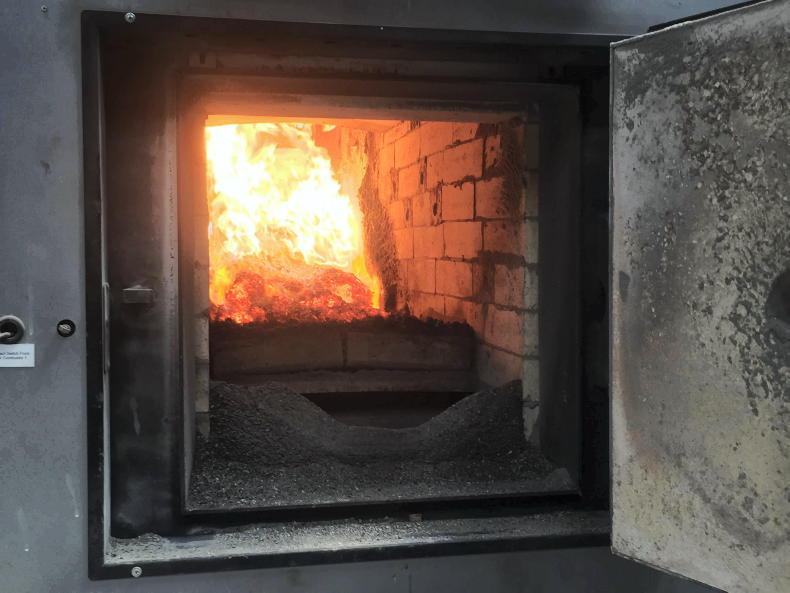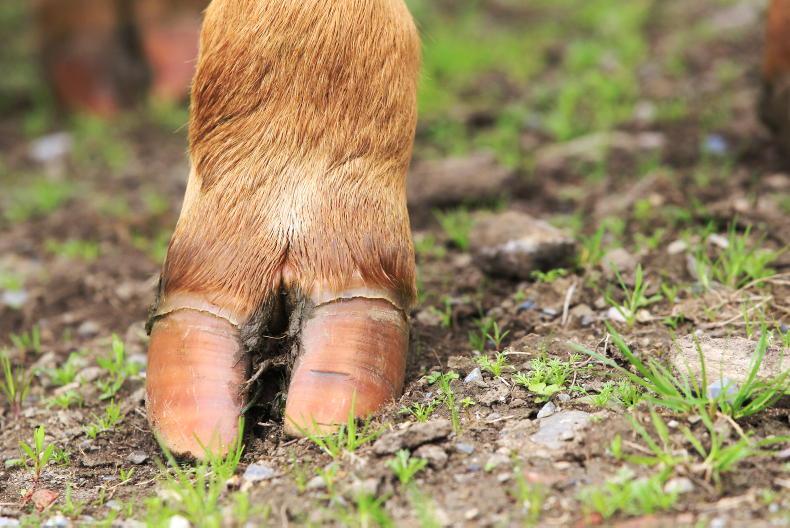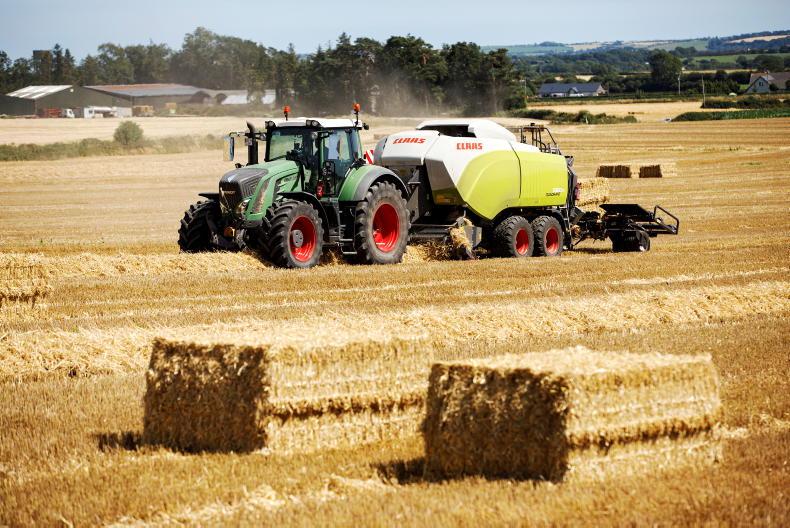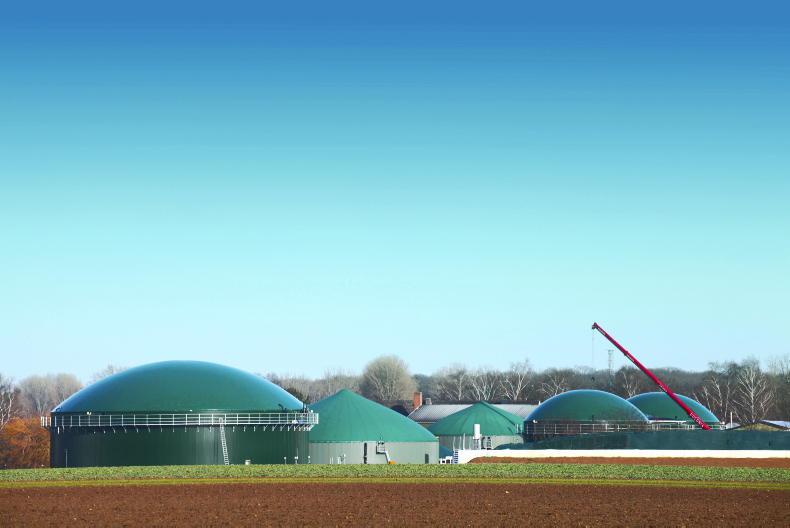A High Court judge in Belfast has dismissed a judicial review taken by Ballymoney poultry farmer Tom Forgrave regarding the 2019 regulations that slashed annual payments for biomass boilers under the Renewable Heat Incentive (RHI) scheme.
The legislation, which was enacted at Westminster during the period when Stormont was suspended, saw annual payments for a standard 99kW biomass boiler reduce from £12,140 to £2,340.
That followed on from regulations introduced in 2017, which brought in tiered and capped payments.
Forgrave joined the RHI scheme in 2014, initially with six biomass boilers, but added a further four in 2015.
His total investment was around £508,000, although a separate analysis by Ofgem put direct costs (excluding a water heating system in houses) at just under £350,000.
Forgrave’s legal team pointed out that in the original scheme introduced in 2012, payments were guaranteed for 20 years, and it was on the strength of that commitment that he made his substantial investment.
They argued in particular that the 2019 cuts to payment caused severe harm to his business.
Total RHI payments made to Forgrave up to 2021 come to £1.1m, and if he had continued to receive payments under the original scheme, his total payments over 20 years would have amounted to £7.95m.
'Deeply flawed'
In his judgement, Mr Justice Humphreys referred to the RHI as a “deeply flawed scheme” and that without changes to the tariffs, the scheme would have put a “significant strain on the NI budget”.
While he described Forgrave as an “exemplary” applicant to the scheme, he maintained that the overall purpose of the RHI was to incentivise the conversion to the use of renewables to produce heat, not to provide a source of cashflow for commercial businesses.
“In the final analysis, I am particularly influenced by the fact the applicant has received over £1.1m in subsidies since he was accredited to the scheme in 2014.
"It simply cannot be said that the applicant has been subjected to an excessive burden when he has received, to date, a return on capital investment of between £600,000 and £764,000,” he said.
Read more
RHI claimants to fight on in court
RHI boiler owners group considering appeal
A High Court judge in Belfast has dismissed a judicial review taken by Ballymoney poultry farmer Tom Forgrave regarding the 2019 regulations that slashed annual payments for biomass boilers under the Renewable Heat Incentive (RHI) scheme.
The legislation, which was enacted at Westminster during the period when Stormont was suspended, saw annual payments for a standard 99kW biomass boiler reduce from £12,140 to £2,340.
That followed on from regulations introduced in 2017, which brought in tiered and capped payments.
Forgrave joined the RHI scheme in 2014, initially with six biomass boilers, but added a further four in 2015.
His total investment was around £508,000, although a separate analysis by Ofgem put direct costs (excluding a water heating system in houses) at just under £350,000.
Forgrave’s legal team pointed out that in the original scheme introduced in 2012, payments were guaranteed for 20 years, and it was on the strength of that commitment that he made his substantial investment.
They argued in particular that the 2019 cuts to payment caused severe harm to his business.
Total RHI payments made to Forgrave up to 2021 come to £1.1m, and if he had continued to receive payments under the original scheme, his total payments over 20 years would have amounted to £7.95m.
'Deeply flawed'
In his judgement, Mr Justice Humphreys referred to the RHI as a “deeply flawed scheme” and that without changes to the tariffs, the scheme would have put a “significant strain on the NI budget”.
While he described Forgrave as an “exemplary” applicant to the scheme, he maintained that the overall purpose of the RHI was to incentivise the conversion to the use of renewables to produce heat, not to provide a source of cashflow for commercial businesses.
“In the final analysis, I am particularly influenced by the fact the applicant has received over £1.1m in subsidies since he was accredited to the scheme in 2014.
"It simply cannot be said that the applicant has been subjected to an excessive burden when he has received, to date, a return on capital investment of between £600,000 and £764,000,” he said.
Read more
RHI claimants to fight on in court
RHI boiler owners group considering appeal









SHARING OPTIONS